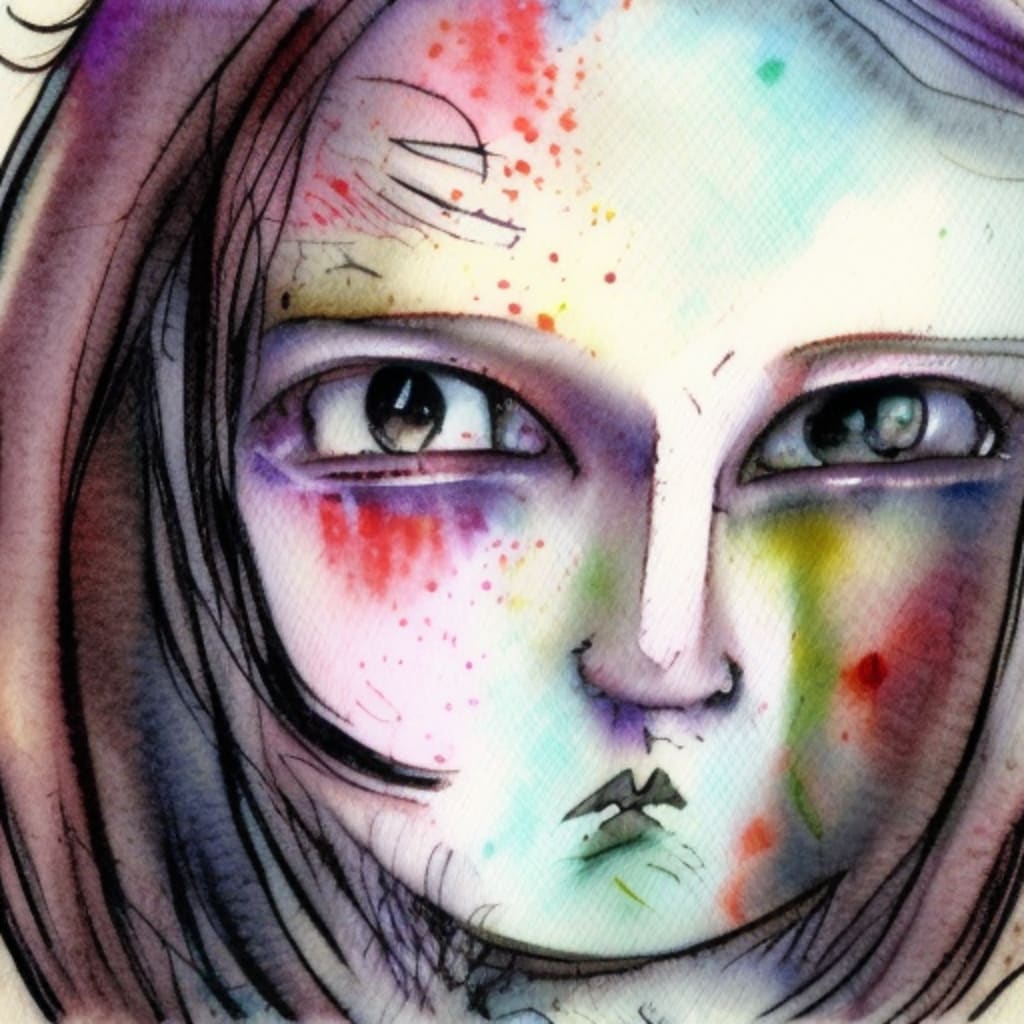10 Common Signs of Rejection Sensitivity Dysmorphia
Learn about this anxiety disorder

Are you someone who worries excessively about being rejected by others? Do you feel like you are constantly scrutinizing your behavior for fear of not being liked or accepted by those around you? If so, it could be a sign that you’re suffering from rejection sensitivity dysmorphia (RSD). RSD is an anxiety disorder in which those affected have an intense need to avoid rejection and criticism at all costs. It’s common for RSD to present along with ADHD or any neurodivergent spectrum. When I go through episodes of extreme RSD, I feel scared, isolated, and rejected — even though that’s typically not the case).
Here are 10 common signs (but not a diagnosis) that you could have RSD:
1. You’re hypersensitive to any perceived slights or criticism.
If you have rejection sensitivity dysmorphia, you’re likely to be hypersensitive to any perceived slights or criticism. This can make you feel as though you’re always on edge, waiting for someone to point out your flaws. You may also avoid situations where you think you might be judged, such as social gatherings or job interviews.
2. You tend to overthink things:
People with rejection sensitivity dysmorphia tend to overthink things. They may obsess over what others think of them and whether they’re good enough. This can lead to a lot of anxiety and stress.
3. You experience feelings of worthlessness:
Those with RSD often feel worthless, even if they’re surrounded by people who care about them or have accomplished great things in their lives. They may struggle to recognize their own successes and accomplishments.
4. You struggle to make decisions:
Decision-making can be difficult for those with RSD. They may avoid making decisions altogether or struggle to make even the simplest choices. This can interfere with their everyday life, as well as their ability to pursue new opportunities and challenges.
5. You have difficulty expressing your feelings:
It can be difficult for someone with RSD to express their feelings openly and honestly. This can lead to misunderstandings and a feeling of being misunderstood or invisible in social situations.
6. You experience negative self-talk:
If you have RSD, it’s likely that you engage in negative self-talk. You may constantly criticize yourself, compare yourself to others and tell yourself that you’re not good enough or don’t belong.
7. You have a hard time letting go of things:
If you have rejection sensitivity dysmorphia, you may have a hard time letting go of things. You may dwell on past failures or rejections and allow them to define your self-worth. This can make it difficult to move on from negative experiences and can lead to depression.
8. You’re perfectionistic:
People with rejection sensitivity dysmorphia often strive for perfectionism. They may set impossibly high standards for themselves and others and become easily disappointed when these standards are not met. This can lead to a lot of frustration and dissatisfaction with life in general.
9. You’re always comparing yourself to others:
If you have rejection sensitivity dysmorphia, you may find yourself constantly comparing yourself to others. You may compare your looks, your accomplishments, or your relationships to those around you and feel inferior if you don’t measure up. This comparison can fuel your anxiety and low self-esteem.
10. You feel “less than” others:
If you have rejection sensitivity dysmorphia, you may often feel like you don’t measure up to others around you. This feeling of inadequacy can lead to a deep-seated sense of inferiority that is difficult to shake off. It can also cause feelings of self-doubt and insecurity, making it harder to take risks or pursue goals.
If you recognize some of these signs in your behavior, it’s important to reach out for help. Talk therapy can be incredibly beneficial in dealing with RSD and learning how to manage anxiety. Additionally, lifestyle changes such as exercise, meditation, and journaling can help you cope with the stress and anxiety of RSD. Learning to accept yourself and set realistic expectations for yourself is also key in managing your symptoms. With time, patience, and effort, it is possible to manage rejection sensitivity dysmorphia and live a happier life.
About the Creator
GYST Assisting
Systems & Strategies for Online Business Owners | Mental Health | Multipassionate | I’m Your Small Business Case Study|






Comments
There are no comments for this story
Be the first to respond and start the conversation.